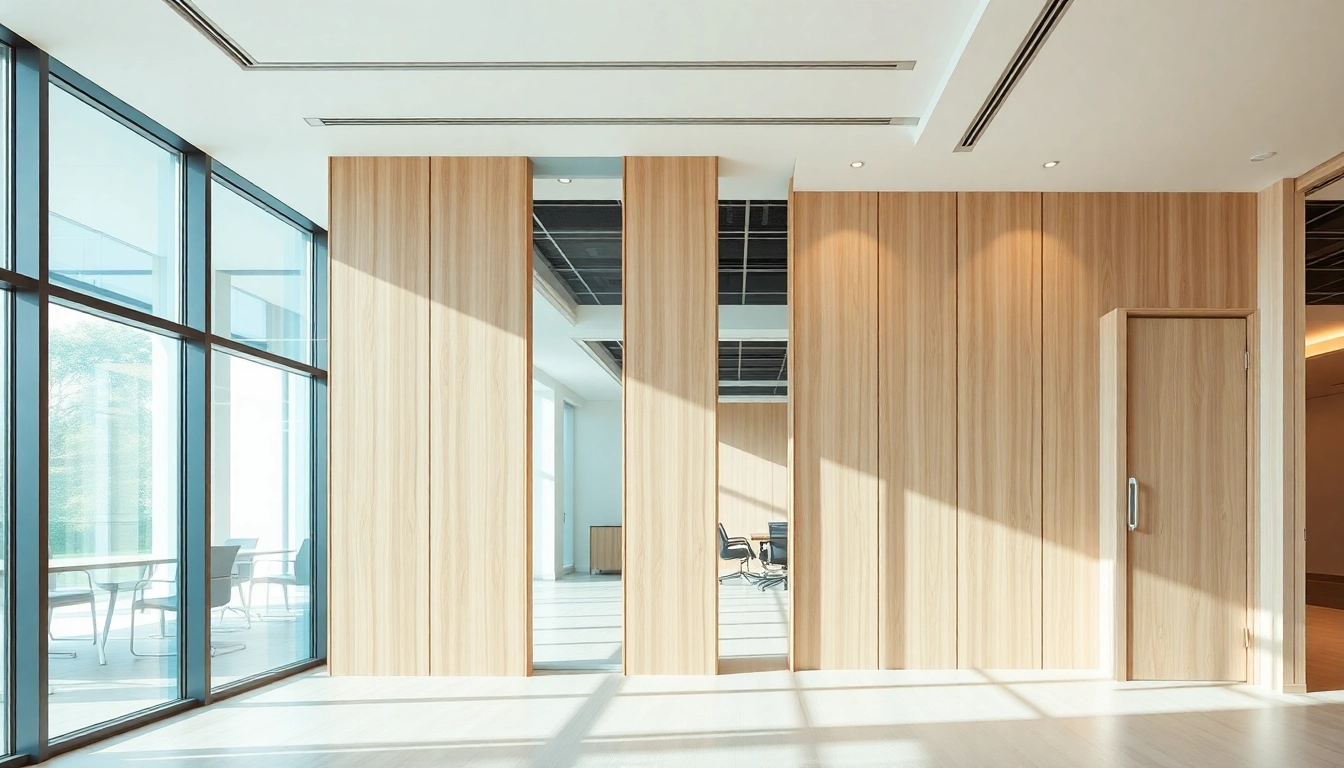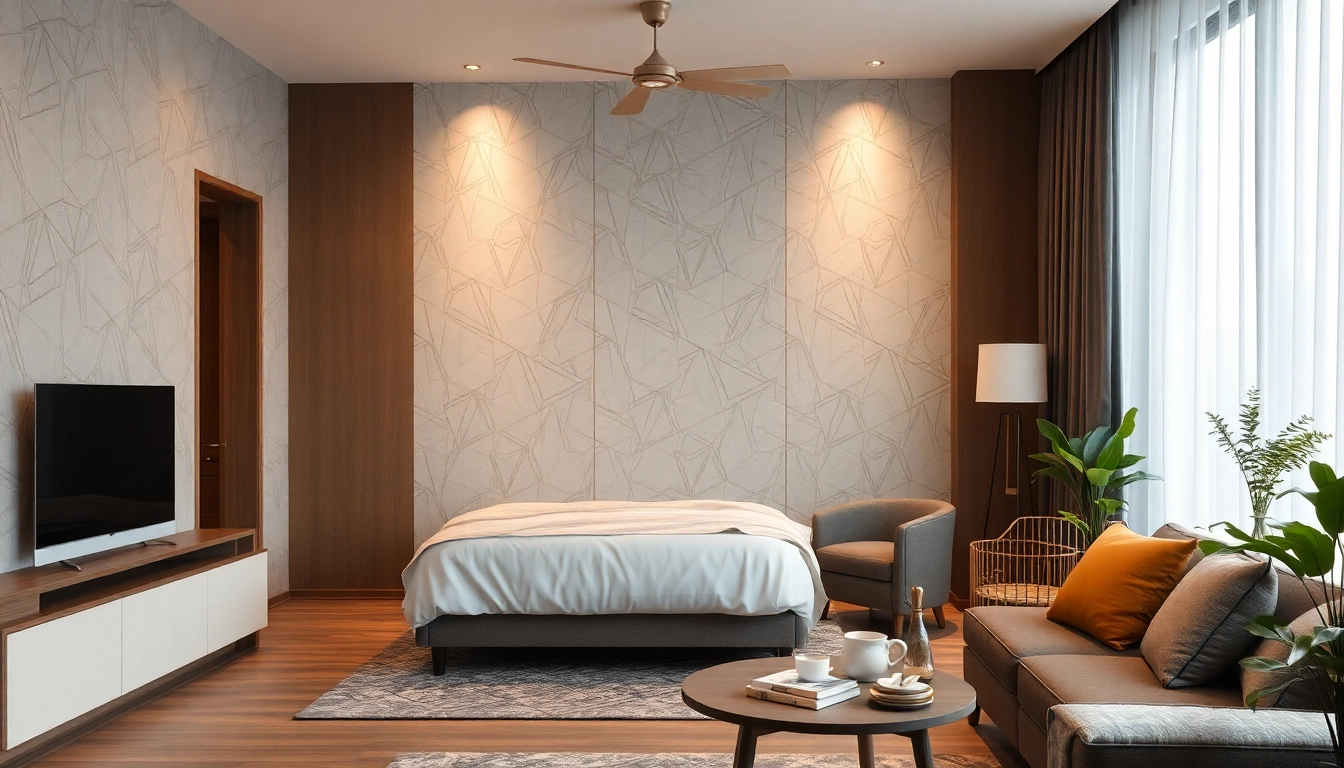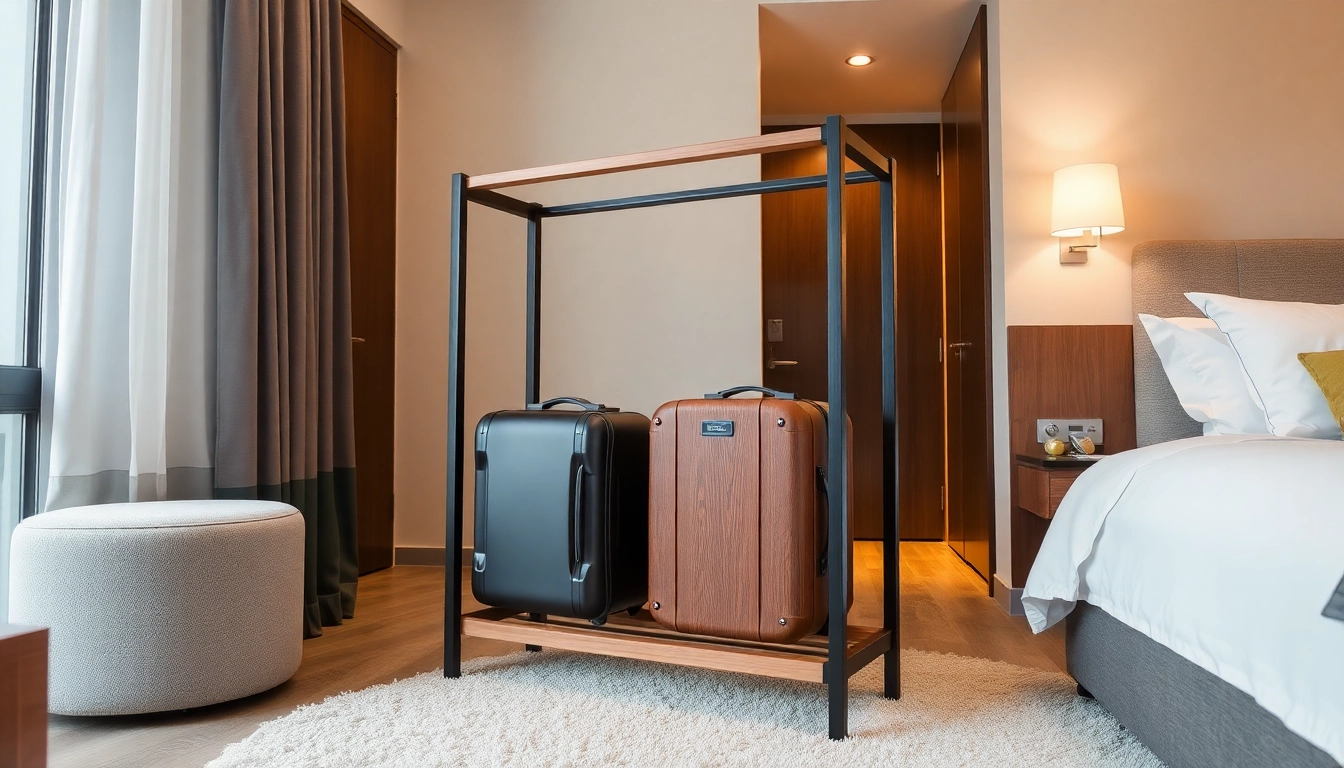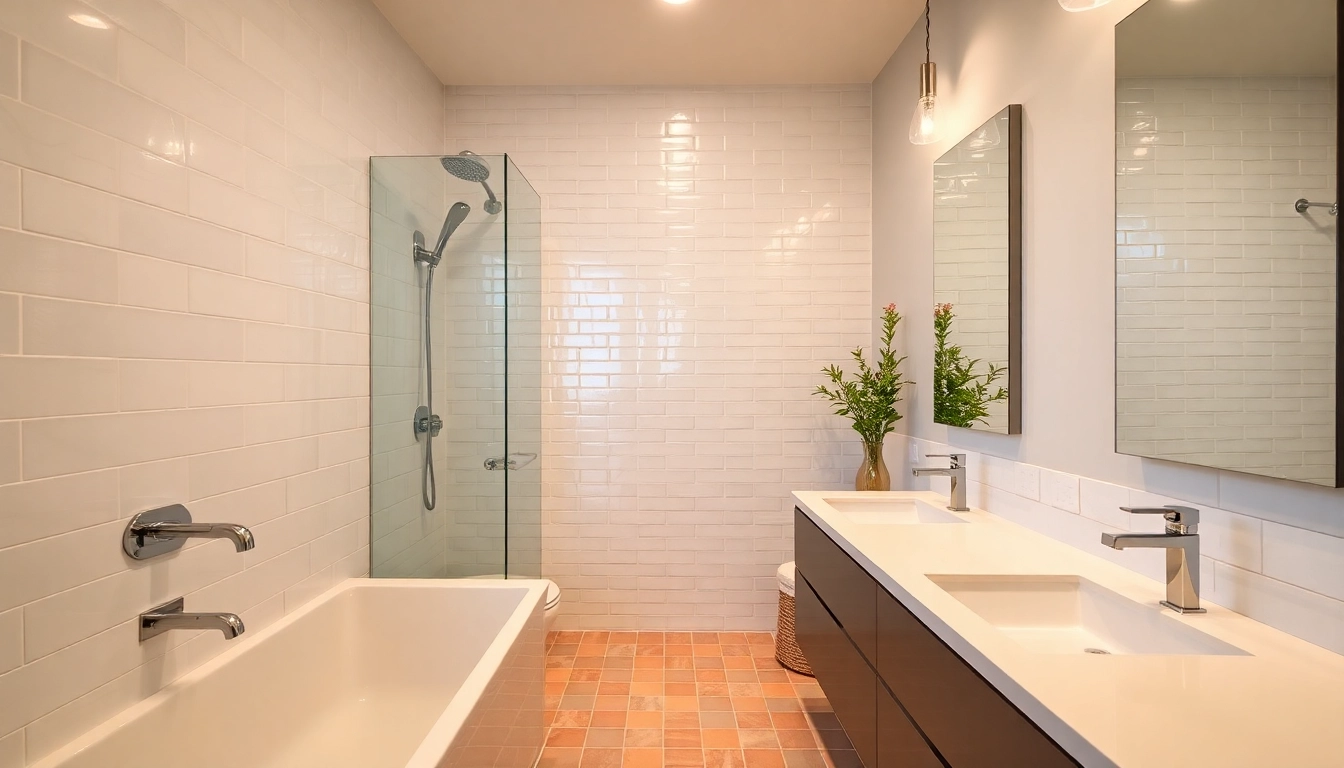Understanding Folding Partition Walls
What is a Folding Partition Wall?
A folding partition wall is a versatile and dynamic architectural feature designed to create flexible spaces within both residential and commercial environments. These systems typically consist of multiple panels that can be quickly and easily reconfigured to change the layout of a room, allowing for the division of larger areas into smaller, more functional spaces. Folding partition walls can adapt to a variety of designs and aesthetic needs, making them an ideal solution for spaces where versatility is key. By utilizing Folding Partition Walls, businesses and homeowners can optimize their layouts while maintaining aesthetic appeal and functionality.
Benefits of Using Folding Partition Walls
Folding partition walls offer numerous advantages that make them essential for modern architecture. These include:
- Space Efficiency: Folding partitions allow for on-the-fly adjustments to room configurations, maximizing space usage without the need for permanent walls.
- Cost-Effectiveness: They provide a budget-friendly alternative to traditional construction methods, as they require less material and labor for installation.
- Acoustic Control: Many folding partition walls are designed with soundproofing materials, providing privacy and noise reduction in environments such as offices and conference rooms.
- Design Flexibility: Available in various styles, colors, and materials, folding partitions can complement any design aesthetic, from modern to traditional.
- Rapid Setup and Teardown: Their ease of use allows for quick reconfiguration, making them ideal for multi-purpose venues and events.
Common Applications in Residential and Commercial Spaces
Folding partition walls are widely used in various settings, including:
- Offices: To create meeting rooms or collaborative spaces that can be adjusted based on team needs.
- Schools: For adapting classrooms or auditoriums, facilitating better learning environments.
- Hospitality: Hotels and restaurants use them to customize dining spaces, accommodating different group sizes.
- Homes: Homeowners employ folding partitions to separate living areas or create private spaces where necessary.
Key Features of Folding Partition Walls
Materials and Design Options
The construction of folding partition walls can utilize various materials, providing both structural integrity and aesthetic versatility. Common materials include:
- Wood: Offers a classic look, suitable for traditional spaces.
- Metal: Often used for modern settings, providing a sleek finish.
- Glass: Ideal for creating a sense of openness while still allowing for separation of spaces.
- Fabric: Lightweight and versatile, often used in temporary or movable applications.
Acoustic Performance and Insulation
One of the distinguishing features of high-quality folding partition walls is their acoustic performance. Engineered with soundproofing technology, these systems can significantly reduce noise transfer between spaces, making them a suitable choice for:
- Offices: Where confidentiality and focus are priorities.
- Event spaces: To maintain acoustic privacy during functions.
- Studios: Where sound control is critical.
Customization and Flexibility
Folding partition walls can be customized to fit an array of specifications, including:
- Sizes: Available in standard and bespoke dimensions to fit any space.
- Finishes: Choose from an array of colors, patterns, and surface treatments to match any interior design.
- Panel Configurations: Different panel layouts can create unique room designs and enhance functionality.
Installation Process for Folding Partition Walls
Preparation and Planning Steps
Before installation, thorough planning is essential. Steps include:
- Assess the desired layout and determine the type of partition wall needed.
- Measure the space accurately to ensure the partition will fit properly.
- Consult with a professional installer to understand requirements, potential challenges, and the best options for your needs.
Professional Installation vs. DIY
While DIY installation may seem appealing for cost savings, professional installation can ensure:
- Proper Fit: Professionals can account for structural considerations that a DIYer may overlook.
- Maximized Performance: Expert installation often leads to better soundproofing, stability, and functionality.
- Warranty and Support: Professional services often come with warranties and ongoing support, reducing future headaches.
Maintenance Tips for Long-lasting Performance
To maintain the functionality and appearance of folding partition walls, consider the following maintenance tips:
- Regularly clean the surfaces to prevent dust and debris buildup.
- Inspect moving parts to ensure they operate smoothly and lubricate as necessary.
- Check for signs of wear or damage, addressing any issues promptly to avoid costly repairs.
Comparing Folding Partition Walls with Other Room Dividers
Advantages Over Traditional Walls
Folding partition walls present several advantages compared to traditional permanent walls, such as:
- Flexibility and Adaptability: Unlike standard walls, folding partitions can be repositioned and reconfigured based on need.
- Cost Savings: They can be a more affordable option than constructing permanent walls.
- Less Time Required: Installation of folding walls is generally faster than erecting traditional walls.
Folding Partition Walls vs. Sliding Doors
When comparing folding partition walls to sliding doors, key distinctions arise:
- Space Utilization: Folding partitions fully retract to a compact space, while sliding doors require space to track.
- Design Options: Folding systems offer more design flexibility, accommodating larger openings and varied panel configurations.
- Acoustic Performance: Folding walls often provide superior soundproofing compared to sliding doors.
Cost-Effectiveness Over Time
While the initial investment in folding partition walls may be higher than that of basic room dividers, their functionality and durability can result in long-term cost savings. Considerations include:
- Reduced renovation costs, as reconfiguration requires less effort and expense.
- Lower maintenance costs over time due to durable materials and components.
- Increased property value due to the versatile design that can appeal to potential buyers.
Future Trends in Folding Partition Wall Design
Innovations in Materials and Technology
As technology advances, the design and functionality of folding partition walls are expected to evolve. Innovations may include:
- Smart Technology Integration: Incorporating sensors and automation for seamless operation.
- Advanced Materials: Utilization of lightweight and eco-friendly materials to improve efficiency and sustainability.
- Modular Designs: Allowing for enhanced customization and easier installations.
Sustainability and Eco-friendly Options
With an increasing emphasis on sustainability, the demand for eco-friendly folding partition walls is on the rise. Manufacturers are working towards:
- Recyclable Materials: Utilizing materials that can be repurposed at the end of their lifecycle.
- Energy Efficient Manufacturing: Striving to reduce the carbon footprint associated with production.
- Non-toxic Finishes: Offering healthier indoor environments by using eco-friendly coatings and finishes.
Design Inspirations for 2024 and Beyond
As trends shift, the design of folding partition walls is expected to reflect upcoming styles and functional needs. Potential inspirations may include:
- Biophilic Design: Integrating natural elements and materials that enhance well-being.
- Minimalist Aesthetics: Simple, clean lines that focus on functionality while still appearing stylish.
- Color Trends: Selecting palettes that resonate with contemporary design movements.



